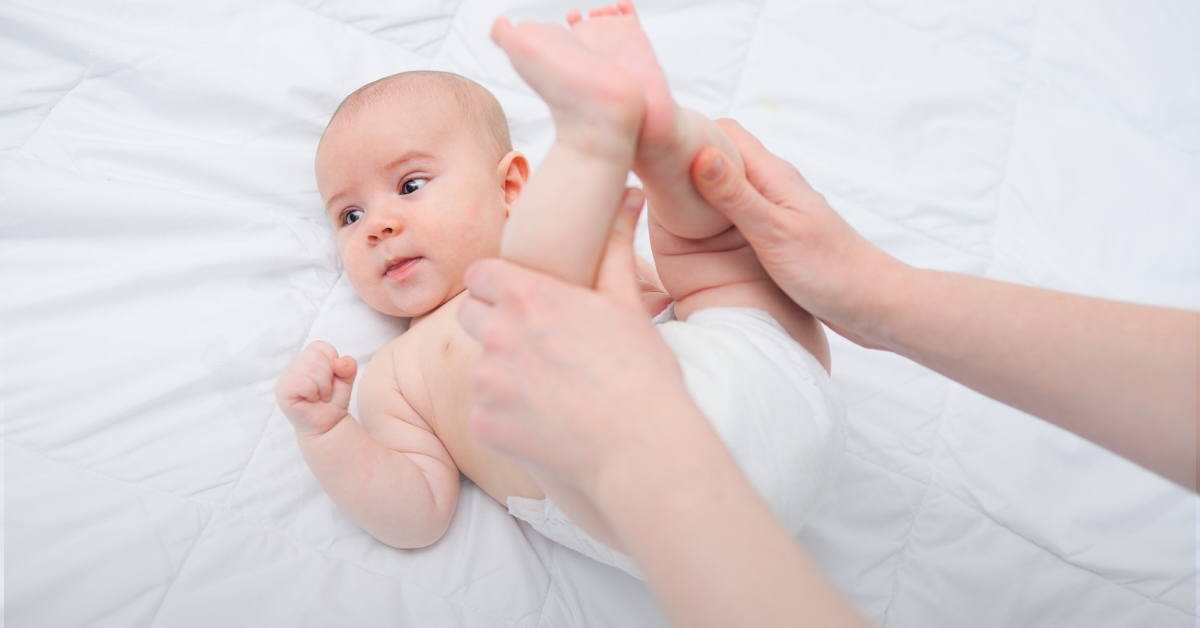What is Ringworm?
Ringworm, despite its name, is not caused by a worm. It is a common fungal infection of the skin, scientifically known as dermatophytosis. This infection can affect various parts of the body, including the scalp, feet (athlete’s foot), groin (jock itch), and nails. Ringworm is characterised by red, itchy, circular rashes with clearer skin in the middle, which gives it a ring-like appearance. The condition is highly contagious and can spread through direct contact with infected individuals, animals, or contaminated objects.
In this article:
What Causes Ringworm?
Ringworm is caused by a group of fungi called dermatophytes. These fungi thrive in warm, moist environments which makes places like locker rooms, swimming pools, and skin folds ideal breeding grounds. It can be spread through direct skin-to-skin contact with an infected person or animal. They can also be contracted by touching contaminated objects or surfaces, such as towels, clothing, and shower floors. In rare cases, ringworm can be spread from soil. Children are particularly susceptible to ringworm due to their close physical contact with peers and shared use of items in schools and playgrounds.
What Should I Do Immediately?
If you suspect your child has ringworm, take these immediate steps:
- Isolate the affected area: Ensure that the infected area is kept clean and dry. Use separate towels and washcloths for the affected area to prevent the spread of the fungus to other parts of the body or to other individuals.
- Apply antifungal medication: Over-the-counter antifungal creams, lotions, or powders can be applied to the affected area as directed on the package. These medications help kill the fungus and alleviate symptoms.
- Avoid scratching: Discourage your child from scratching the infected area to prevent further irritation and spreading the infection.
- Keep it covered: Cover the ringworm with a clean, dry bandage to avoid spreading the infection.
- Maintain Hygiene: Make sure both you and your child wash your hands thoroughly after touching the affected area or applying medication. Clean and disinfect objects and surfaces that may have been contaminated.
When Does My Child Need to See a Doctor?
While ringworm can often be treated effectively at home, there are circumstances where it’s important to consult a healthcare professional:
- Persistent infection: If the ringworm does not start to improve after two weeks of home treatment or if it worsens, see a doctor. The infection may require a stronger prescription medication.
- Scalp infection: Ringworm on the scalp (tinea capitis) usually needs prescription oral antifungal medication, as topical treatments alone are often insufficient.
- Multiple or severe infections: If your child has multiple ringworm infections or if the infection is widespread and severe, medical advice is necessary.
- Recurrent infections: Frequent bouts of ringworm may indicate an underlying issue with your child’s immune system, which should be evaluated by a doctor.
When Should I Call Emergency Services?
In most cases, ringworm does not constitute a medical emergency. However, you should seek emergency care if:
- Severe allergic reaction: Your child develops signs of a severe allergic reaction to the antifungal medication, such as difficulty breathing, swelling of the face or throat, or a severe rash.
- Secondary infection: The affected area becomes extremely red, swollen, or tender, and your child develops a fever. This could indicate a secondary bacterial infection requiring prompt medical attention.
How to Prevent Ringworm?
Prevention is key in managing ringworm, especially in environments where children are in close contact with each other.
- Good hygiene: Ensure your child washes their hands regularly and showers after playing sports or any activity that causes sweating.
- Keep skin dry: Encourage your child to dry thoroughly after bathing or swimming, especially in skin folds and between toes.
- Disinfect Common Areas: Regularly clean and disinfect communal areas, such as bathrooms and locker rooms.
- Avoid sharing personal items: Teach your child not to share towels, hats, clothing, combs, or other personal items.
- Wear protective clothing: In communal areas such as locker rooms and swimming pools, encourage your child to wear flip-flops and avoid walking barefoot.
- Pet care: Regularly check pets for signs of ringworm and take them to the vet if you notice any circular, bald patches. Treating pets promptly helps prevent the spread of the infection to humans.








